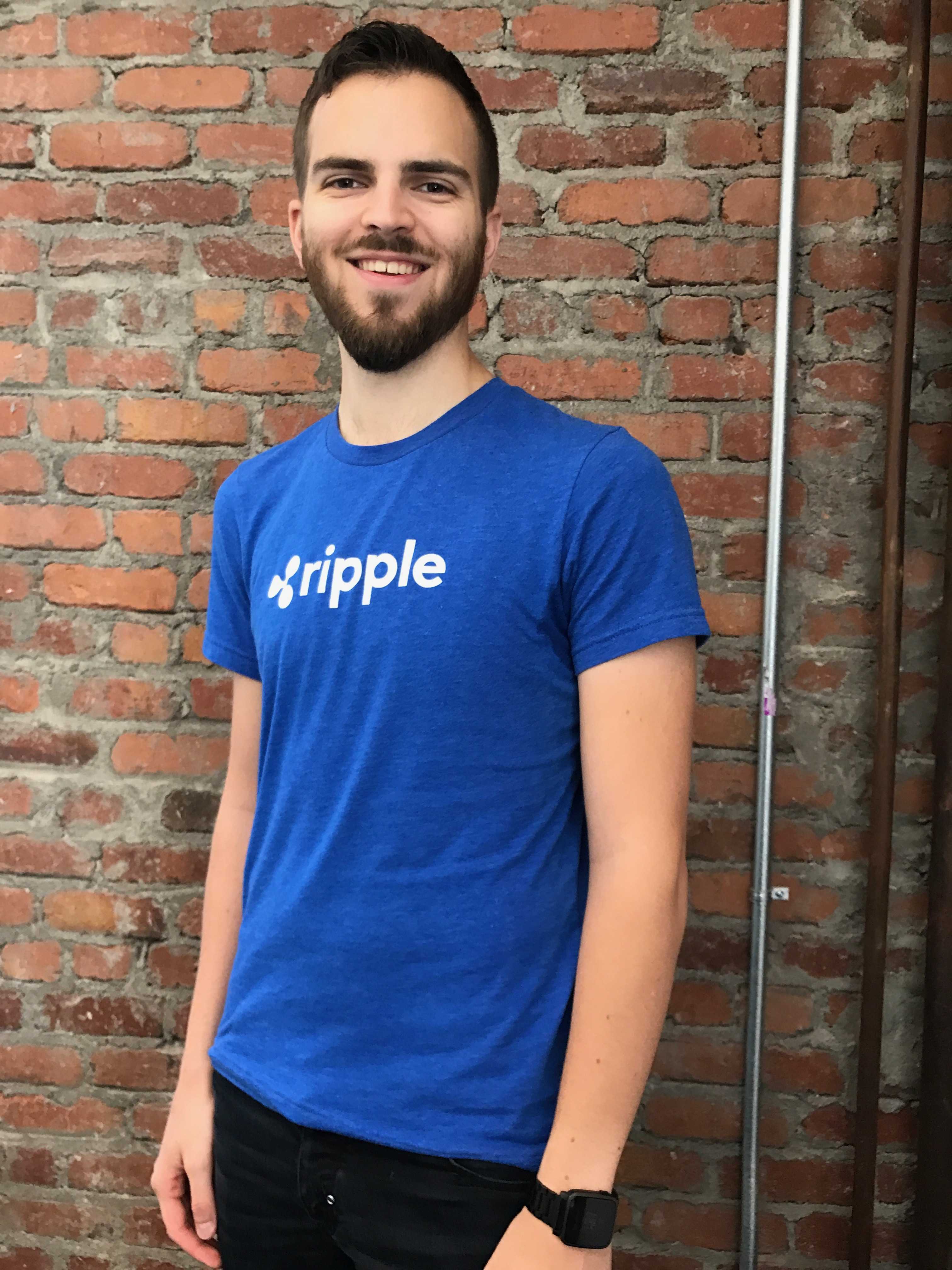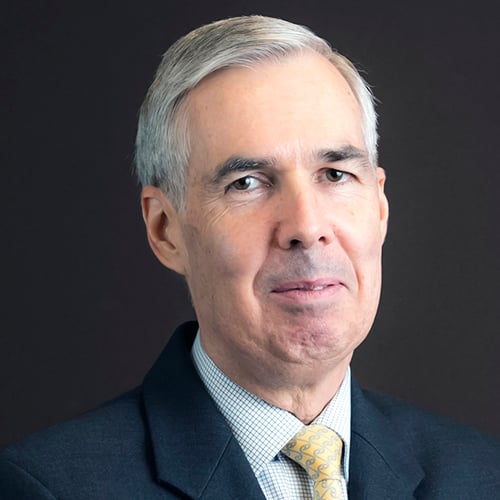
San Francisco – The Asset speaks with Ripple’s chief technology officer, Stefan Thomas, about their vision, 'the internet of value', a world where money exchange is as frictionless as possible. The first step, however, is to make cross-border payments more efficient for banks.
Ripple are the creators and developers of the Ripple Payment Protocol, a real-time gross settlement system, currency exchange and remittance network, which is built upon distributed ledger technology.
Ripple works with 75 financial institutions across the world. The West Coast-based company recently announced partnerships with SBI Remit, Siam Commercial Bank and the Bank of England.
What is the value proposition that Ripple is proposing to financial institutions?
Stefan Thomas: Ripple’s vision is to create something called the internet of value, which is basically trying to make the exchange of assets and the movement of money as frictionless as possible. The very first challenge is to make cross-border payments more efficient for banks and their customers. That is more the near-term mission we are in engaged in.
How do you present this solution to banks and what do banks want to know about the technology?
Thomas: The biggest thing banks want to know is how does this give them a good return on investment. They ask whether this solution can lower their costs and help their customers. The exact process varies from bank to bank. It starts with an informal conversation where we show them demos that we have built for other institutions.
Between better transparency and low-costs of payments, which is more meaningful for your customers?
Thomas: Both transparency and low-cost are important for customers. Transparency is the immediate benefit and is something that is a huge pain point for companies. Some corporates are reporting that 10% or 11% of wire transfers fail due to incorrect information. A lot of cost goes into fixing those failure cases.
What’s Ripple strategy for different payment markets?
Thomas: You see differences in all the payment markets. We approach it like building a network. You need to build it from key corridors at first before you worry about the global and complete coverage. We are focusing on coordinators like the Middle East and India.
How has the definition of blockchain expanded since you joined Ripple?
Thomas: The definition has expanded a lot, blockchain before was just bitcoin, now people have expanded it to public and private blockchain. There are blockchains that have various levels of guarantees. Now the definition is so broad that it includes many different types of databases. When you take the hype away it is a technology that enables ledgers that don’t have a specific operator. Having a digital asset that is hosted on a blockchain is interesting because you don’t have a counterparty that regulates access to that ledger.









